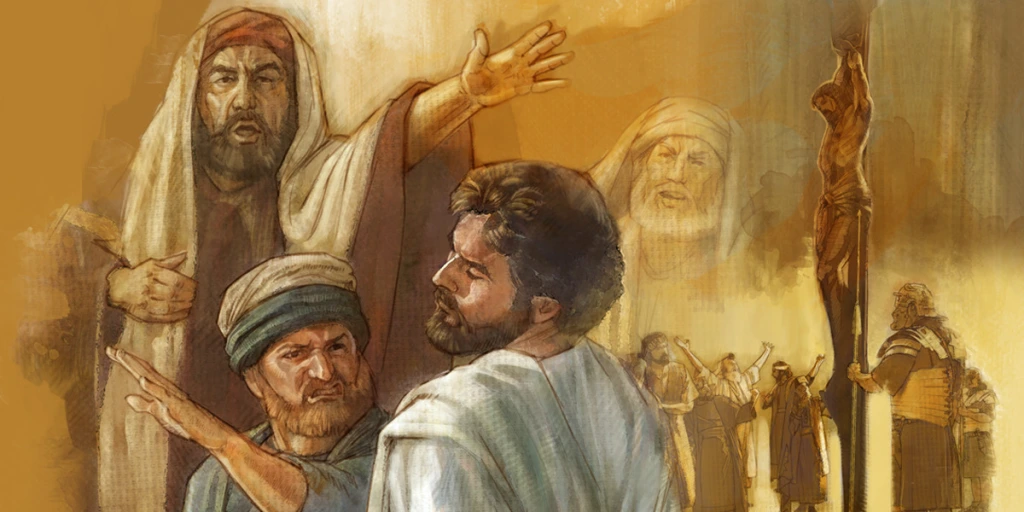Jijo Kandamkulathy, CMF
Claretian Publications, Macau
Gospel Reflection (Mk 9:30-37)
25th Sunday in Ordinary Time – Year B
Today’s gospel brings us two profound themes: the Messianic secret and the debate among the disciples about who is the greatest. These themes are not just historical events but lessons that resonate deeply with our lives today.
The Messianic secret is not just that Jesus is the Messiah but that it involves the Son of Man being delivered to men and killed. This isn’t just a prediction; it’s a revelation of sacrificial love and universal salvation. Jesus, the Son of Man, is handed over not just to the Jewish leaders but to all humanity – “into the hands of men.” It shifts the crucifixion from a Jewish context to a universal one, transforming Jesus from the Jewish Messiah to the Universal Christ. It’s a powerful reminder that Jesus’ sacrifice is for everyone, transcending all boundaries.
The conspiracies that would develop in Jerusalem for the final sacrifice were known to Jesus from the moment of meeting Moses and Elijah on the mount of the transfiguration. Unaware of the preoccupied mind of their Master, the disciples engaged in a discussion to decide who is to be greater among them even during their final journey to Jerusalem. Jesus was journeying for his final act of love, the self-offering that would shock humanity with the love of the Father. He was to die. Jesus was carrying the anxiety of the physical agony he would undergo and even the pain of being accompanied by a bunch of disciples who do not understand him. He must have been worried that he could not convince even the three very close to him, Peter, James and John, about the immense responsibility weighing on his shoulders.
The disciples, instead, perceived the final journey of Jesus as the triumphant entry of the Messianic king to David’s throne. The disciples were getting excited about who would be the prime minister and finance minister in the senate. Though Jesus and the disciples were travelling the same road, they were making different journeys.
The catechetical value of this event cannot be understated. The text must have appeared as a response to the power and position-seeking behaviors of the faithful in the communities. St. Paul mentions the evil of the competition to gain positions in the communities in his letters.
“The will to power is one of the driving forces of the human psyche,” as narrated by Adler and Nietzsche. They explained that people are fuelled by the desire for power. It looks as if the disciples were engaged in the power pursuit themselves. Today’s disciples also could fall into the trap of power pursuits as well.
The “will to meaning” is the most deep-seated drive of humanity as proposed by Viktor Frankl. People will suffer any injustice and any pain if they have a meaning and hope to live for. That principle matches well with the stance of Jesus. Doing the will of his Father was his only pursuit and gave meaning to his life. The will to meaning involves transcending one’s instincts and delaying gratification. Jesus often instructs us to overcome instincts to practice a higher goal. The sacrificial love he speaks of involves a love that goes against the biological instinct of self-preservation. He advocates love against the natural tendency to hate the enemy. It requires us to transcend our need for dignity and protection.
Making a habit of choosing to transcend ordinary human instincts enables us to develop the values of the gospel. It is only the one who finds greater meaning in life, the one who can act against one’s natural tendencies, the one who can carefully cultivate values who can enter the Kingdom of God.
The disciples took some time to get transformed to the ideal that Jesus was proposing. But he was patient with them, giving them time to learn, even until Pentecost and beyond. Learn we must, from Jesus about the values of his Kingdom. It is difficult and will take time for us to overcome ourselves. But he is patient. He will wait.


 Follow
Follow


